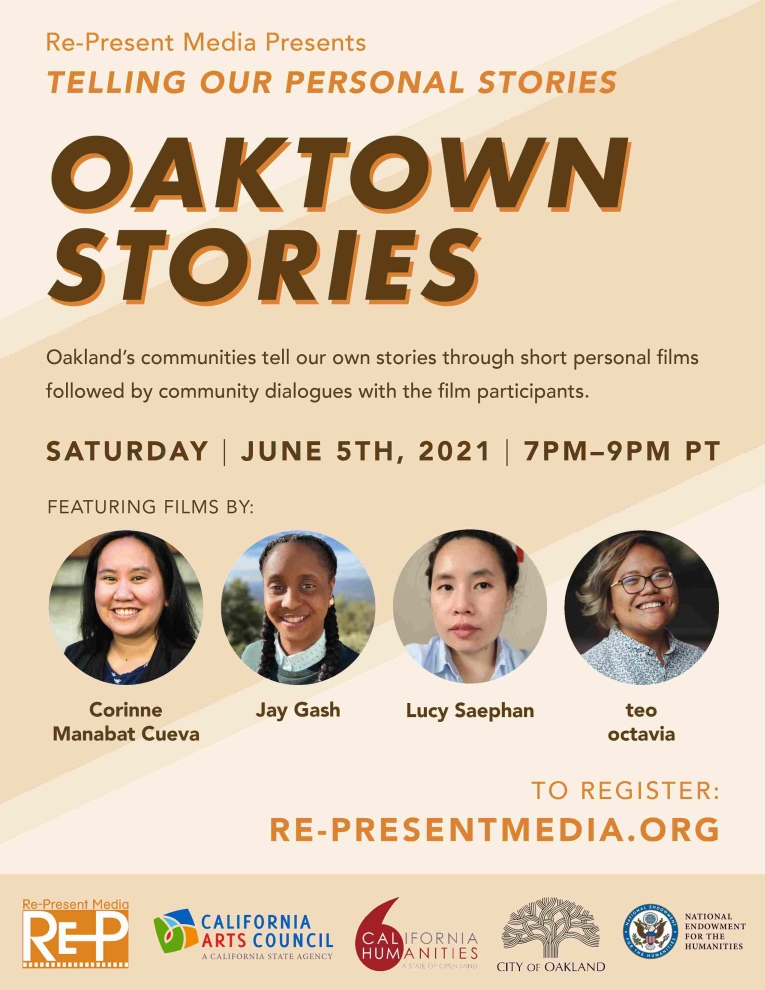
Re-Take Oakland filmmakers Corinne Manabat Cueva, Jay Gash, Lucy Saephan, and teo octavia presented four films. With their guest speakers and community partners, they held deeply engaging discussions relating to the personal stories of Oaklanders with audience members.
- Rooted in Resilience (teo octavia) focused on refugee and advocate Danny Thongsy as he fights against his deportation and for the rights of Southeast Asians. Guest speakers and community partners Lan Nguyen and Jun Hamamoto (Stand4Danny) centered the themes of grassroots activism and advocacy, Southeast Asian refugee and immigrant stories, displacement and deportation, and mobilization and movement building.
- When the Garden Comes (Jay Gash) explored their family home and garden in North Oakland through three generations and how it can be a source of memories. Guest speakers and community partners Creasie Jordan and Keith Battle (BAVC) centered the themes of gardening and land for the black and brown community, defining legacy, and family histories and traditions.
- Synchronized (Corinne Manabat Cueva) embraced 5 women of color as they collectively reflect about their experiences living and thriving in Oakland. Guest speakers and community partners Carmen Wong and Grace Patterson (BAVC/Reel Stories) centered the themes of expectations about Oakland; personal identity, place, and space; and the impacts of being creatives.
- My Name is Lai (Lucy Saephan) drew a portrait of her Mien American grandmother as a cultural bearer carrying generational wisdom connecting her experiences in both Laos and Oakland. Guest speakers and community partners Lai and Muong Saephan (Lao Iu Mien Cultural Association) centered the themes of the Mien community in Oakland, intergenerational relationships and legacy, and the community’s future.
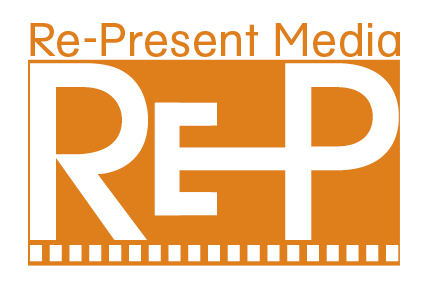
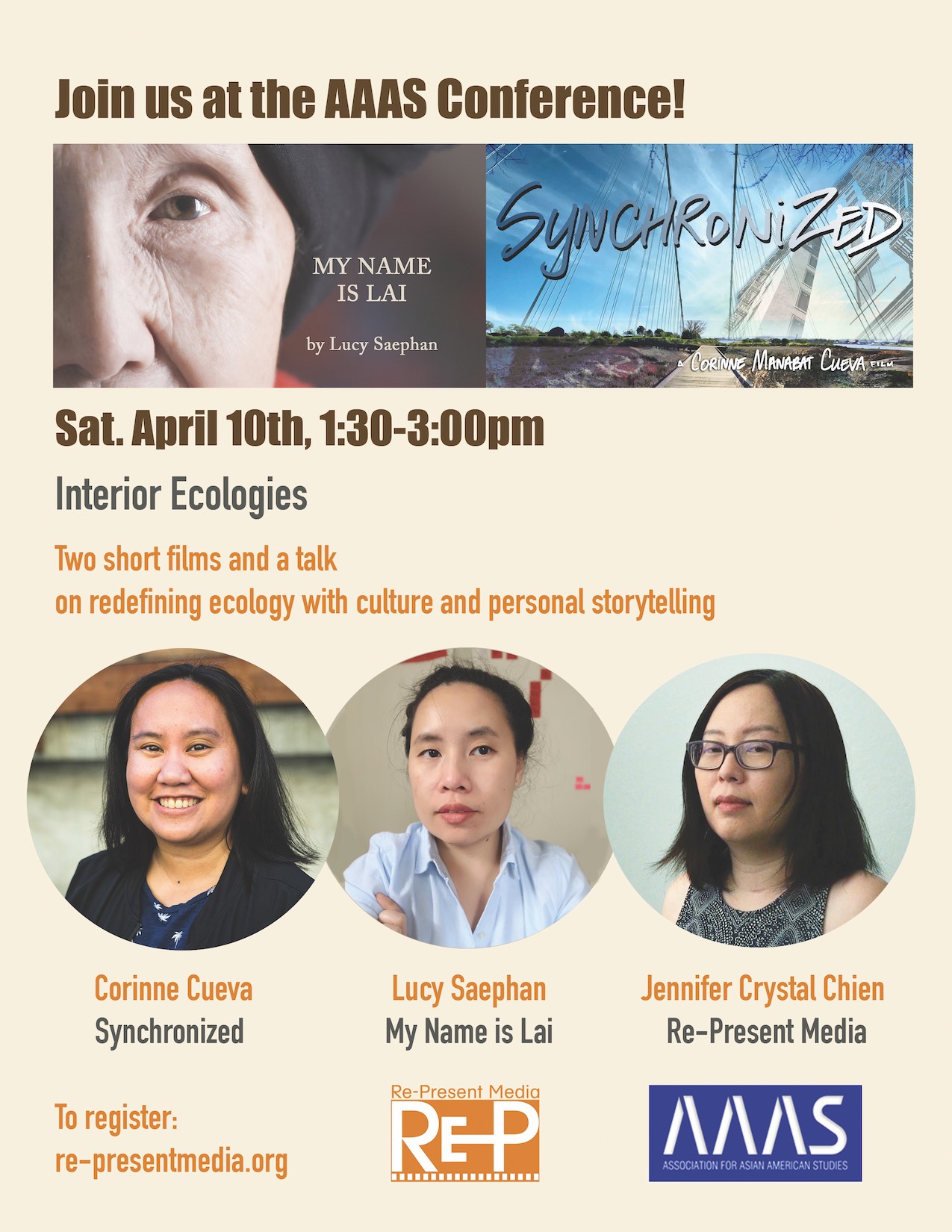
![[Little White Lie]](https://re-presentmedia.org/wp-content/uploads/2020/05/LaceyPoster2.jpg)
![{Jennifer and Lacey]](https://re-presentmedia.org/wp-content/uploads/2020/05/0_19_667_400_lacey-300x180.jpg)
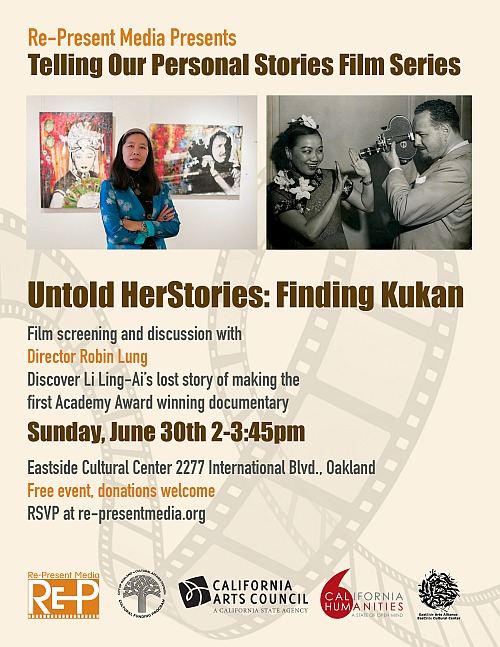
![[Finding Kukan]](https://re-presentmedia.org/wp-content/uploads/2020/05/191_0_500_332.876712329_FindingKukan-300x200.jpg)
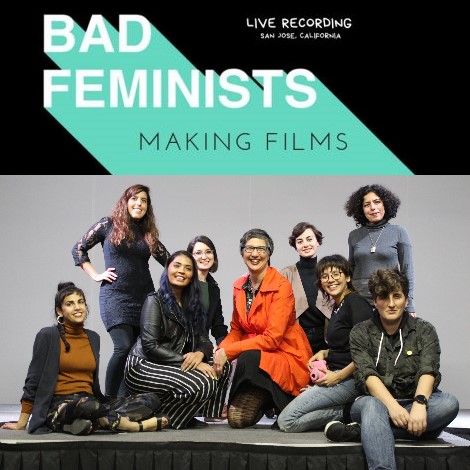
![[discussion on stage]](https://re-presentmedia.org/wp-content/uploads/2020/05/bfmf1-300x177.jpg)
![[AAAS cover]](https://re-presentmedia.org/wp-content/uploads/2020/05/AAAS-cover.jpg)
![[Tales from the Middle East]](https://re-presentmedia.org/wp-content/uploads/2020/05/TalesMiddleEastPoster_v3.jpg)
![[Tales from the Middle East]](https://re-presentmedia.org/wp-content/uploads/2020/05/TME-1-300x200.jpg) With support from
With support from ![[Tales from the Middle East]](https://re-presentmedia.org/wp-content/uploads/2020/05/TalesfromtheMiddleEast-300x145-1.jpg)
![[Tales from the Middle East]](https://re-presentmedia.org/wp-content/uploads/2020/05/poster-vertical-webjpg.jpg)
![[Family and War event]](https://re-presentmedia.org/wp-content/uploads/2020/05/family_and_war_cc-300x300-1.jpg) We co-promoted a panel discussion produced by
We co-promoted a panel discussion produced by ![[Film poster]](https://re-presentmedia.org/wp-content/uploads/2020/05/APICC_Final_VERTICAL-1-232x300-1.jpg)
![[APICC speakers]](https://re-presentmedia.org/wp-content/uploads/2020/05/APICC-300x200-1.jpg)